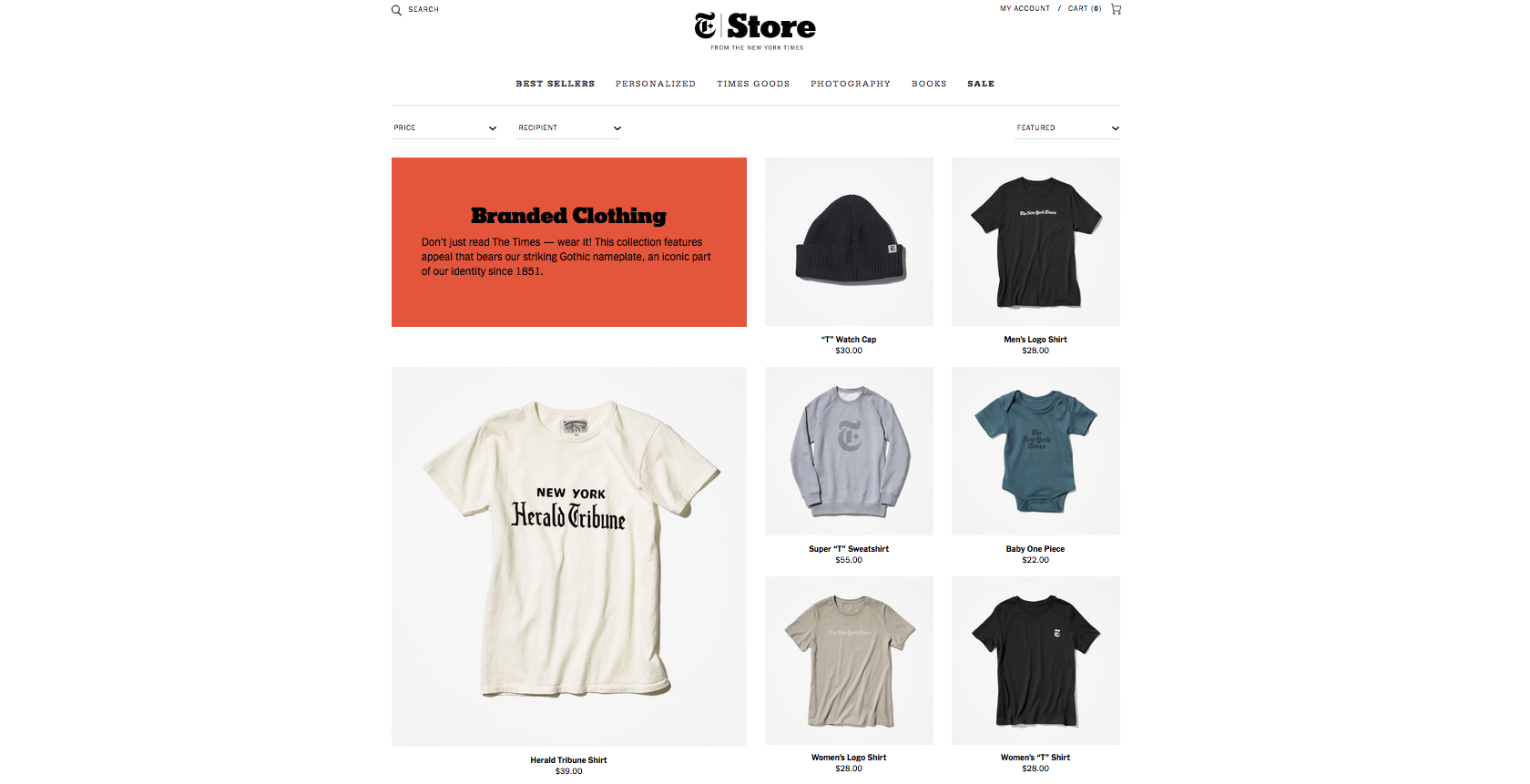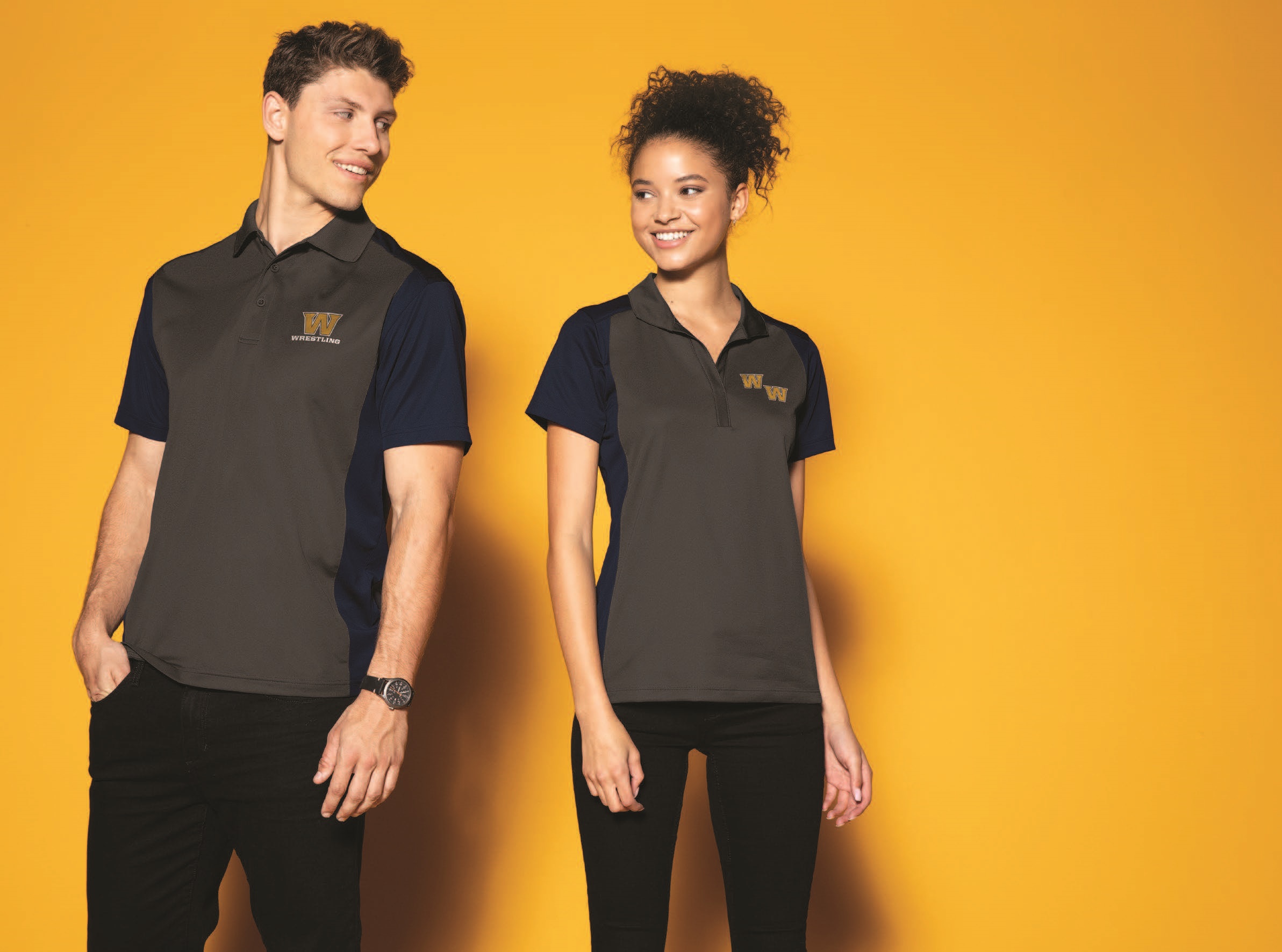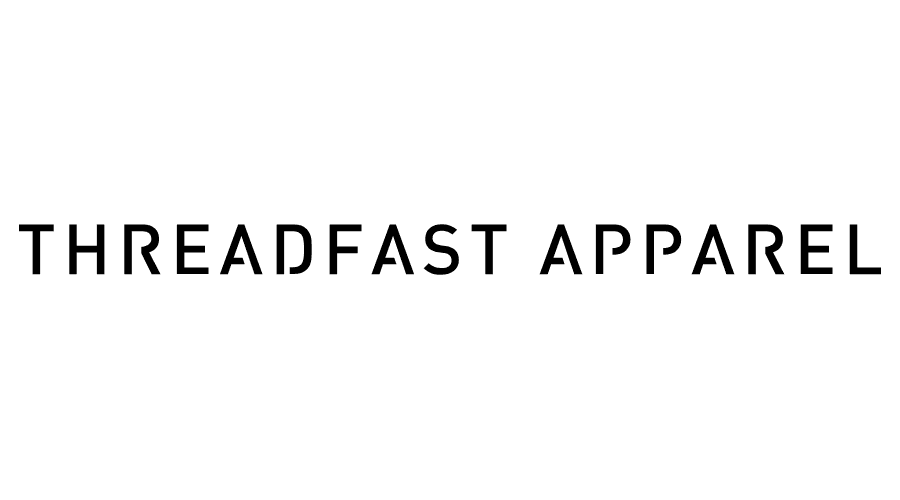Good Media Group, parent company of Upworthy and Good Magazine, has announced the launch of its Public Service Apparel Supply Company (PSA Supply Co.), a clothing brand created in collaboration with Social Imprints, an ethical product manufacturing company.
PSA Supply Co. is slated to begin with six product lines, including T-shirts for $29, pins for $10 and tote bags for $19. The apparel and accessory items will feature positive slogans aimed at encouraging people to vote in the upcoming midterm elections.
For the next three months, 10 percent of PSA proceeds will go to the Center for Community Change Action, a nonprofit that provides training and other resources to grassroots organizations and other activists. Not only this, but Social Imprints’ workforce is made up of at-risk adults who have either struggled with addiction and homelessness or lack high school diplomas.
With PSA, Good Media Group aims to diversify its revenue streams in order to grow its brand beyond the internet and Facebook, especially as the platform’s influence is waning and the cost of branded content distribution continues to rise.
PSA Supply Co. will be promoted on its own standalone e-commerce site as well as on both of Good Media Group’s on-site storefronts. Both brands will write stories about PSA’s partners, using paid promotion on social media platforms to make sure people see the products.

Good Media Group’s launch of PSA continues an emerging trend of publishers, such as The New York Times, The Chive and The Washington Post, launching their own online merchandise stores. Similarly, BuzzFeed recently launched a line of cookware and similar merchandise in support of its popular Tasty brand.
While it’s never a bad time to get into the promotional merchandise game (yes, we’re biased), it seems like these media brands are looking to offset some of the struggles they face due to shaky digital advertising sales by using merch to give themselves a true, tangible brand identity and an additional revenue stream. In a world where people are more than happy to wear their beliefs and support their chosen brands in the items they wear and carry on a daily basis, to not take advantage of such opportunity wouldn’t just be bad business. It could mean no business at all.
For promotional products distributors, this trend could mean company-store type business and merchandise sales opportunities with traditional and digital publishers. Along with the fast food industry and fitness brands like SoulCycle, it’s yet another market buying into promotional products and merchandise stores.



